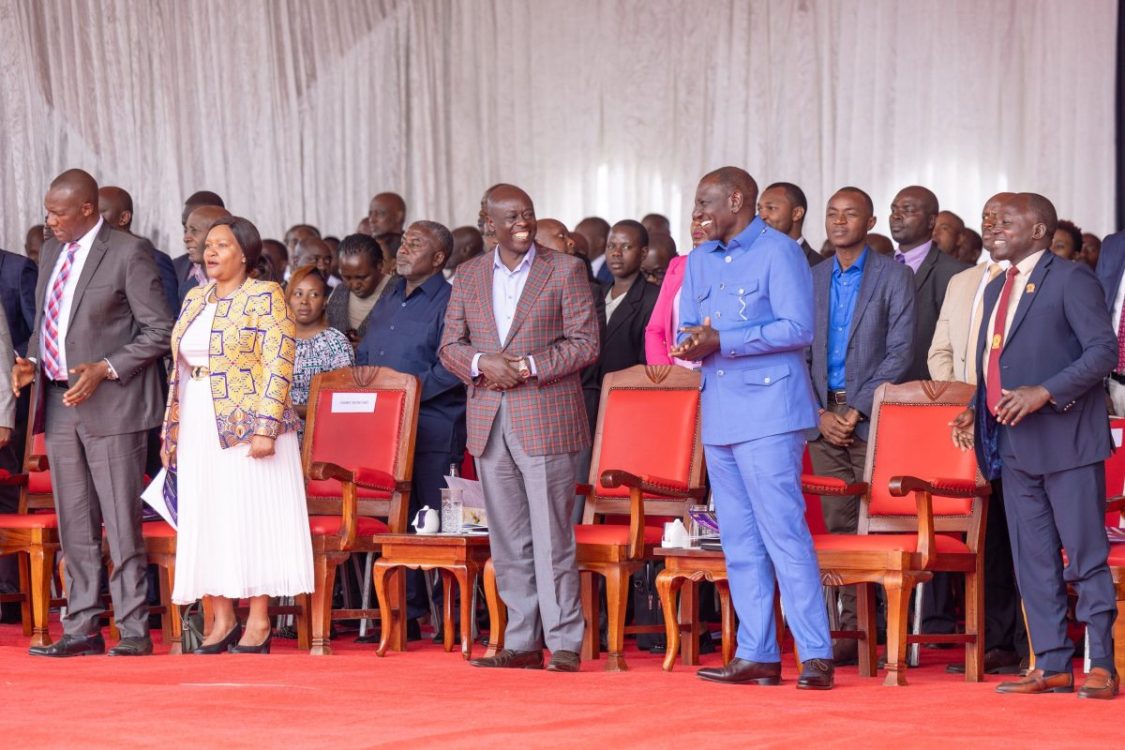State failed to protect rights of anti-tax protesters
By Suba Churchill, June 25, 2024When police officers descended on protesters exercising their right to express their opposition to high taxes in particular and the 2024/25 budget, the State abdicated its obligation to respect, protect and fulfil the fundamental rights and liberties of citizens.
Article 1 of the Constitution vests the sovereign power in the people, and directs that authority delegated to State and public officers be exercised according to the supreme law.
As the sovereign, Kenyans delegate a portion of their individual and collective power periodically through elections and appointments to Parliament and county assemblies; the national executive and executive organs of county governments; and the Judiciary, independent tribunals, constitutional commissions and independent offices.
But even as citizens donate their power to these organs and agencies, they retain residual power for their own agency should they feel that the State is beginning to act in a manner that negates the letter and spirit of the social contract. It’s this residual power that citizens exercise directly through protests and other interventions that they take individually or through civil society organisations.
On the specific right to protest, Article 37 of the Constitution guarantees “every person the right, peaceably and unarmed, to assemble, to demonstrate, to picket, and to present petitions to public authorities”.
Despite these explicit constitutional commands and the fact that the protesters were entitled to the protection of the law by dint of being peaceful and unarmed, the police still set upon the protesters with truncheons, tear gas, water cannons and other instruments of coercion to violently break the demonstrations and arrest ed hundreds of them.
By its very nature, a protest is an expression of oppositional, dissenting, reactive or responsive views, ideas, values or interests that may, as in the case of the ‘Occupy Parliament’ campaign, encompass spontaneous or simultaneous protests in the manner, form and for the duration of the protesters’ choosing, including through the use of digital technologies.
The reasons the police have given for their disproportionate and excessive use of force, including the perennial excuse that the protesters did not apply for authorisation, are unacceptable. Kenyans must be allowed to freely enjoy their inherent and constitutionally guaranteed right to protest, including spontaneous protests, provided they feel outraged enough to want to express their feelings openly through such action.
Protests provide avenues for collective exercise of existing and universally recognized human rights, including the rights to freedom of expression, freedom of peaceful assembly and of association, the right to take part in the conduct of public affairs, the right to freedom of thought, conscience and religion, the right to participation in cultural life, the rights to life, privacy, liberty and security of a person and the right to non-discrimination. The right to protest is also essential to securing civil, political, economic, social and cultural rights.
The State’s duty to respect the right to protest places the obligation to refrain from any actions that may prevent, hinder or restrict the right to protest except to the extent allowed by international human rights law.
The State’s obligation to protect the right to protest locates a solemn duty to undertake reasonable steps to protect those who want to exercise their right to protest, including adopting measures necessary to prevent violations by third parties that normally pose as counter-protesters, often mobilised by targets of the initial protest.
But the most critical obligation of the State regarding the right to protest is to fulfil the right of citizens to protest by establishing an enabling environment for the full enjoyment of the right to protest. This includes providing effective remedies for violations of all human rights embodied in the right to protest highlighted above.
— The writer is the Executive Director of the Kenya National Civil Society Centre;
